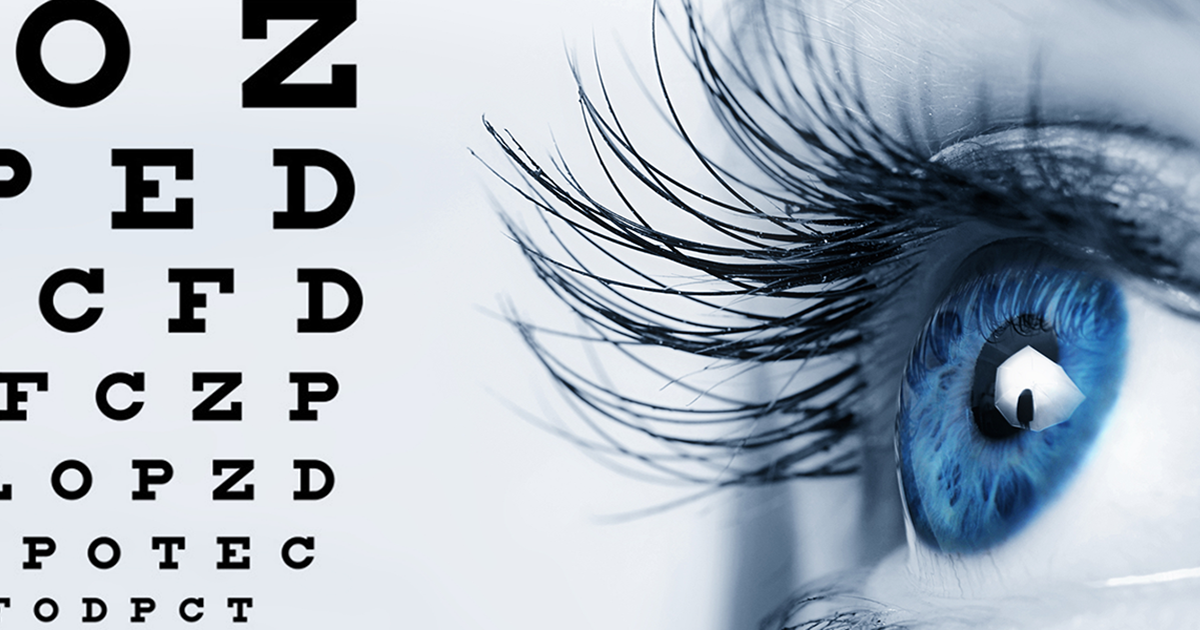Eyecare Near Me: Comprehensive and Reliable Vision Solutions
Comprehending the Numerous Eye Issues Treated by Specialized Eye Treatment Professionals
In the realm of eye treatment, specialized specialists play a vital function in detecting and treating a wide variety of eye problems. From typical refractive mistakes that impact vision quality to age-related conditions that position difficulties as we expand older, the experience of these experts reaches managing vision-threatening diseases and detailed corneal problems. The intricacies of neurological eye problems existing one-of-a-kind obstacles that demand specialized care. As we embark on this expedition of the numerous eye conditions attended to by specialized eye care professionals, it becomes evident that the detailed internet of ocular health holds a myriad of remarkable understandings waiting to be discovered.
Usual Refractive Mistakes
Refractive mistakes are usual visual conditions caused by a blemish in the eye's capability to properly focus light, resulting in blurred vision. Astigmatism is characterized by an irregularly shaped cornea, resulting in altered or blurred vision at all distances. Presbyopia is an age-related condition where the lens loses its flexibility, making it difficult to focus on close items.
These refractive mistakes can be remedied with different techniques, consisting of spectacles, get in touch with lenses, or refractive surgical treatment. Eye treatment experts play a critical role in identifying and taking care of refractive errors to aid people accomplish clearer vision and improve their top quality of life.
Age-Related Eye Conditions
As people age, their eyes may be prone to a range of problems past refractive mistakes that can affect their vision and overall eye health. Age-related eye problems are usual and can dramatically impact the lifestyle for older adults. Among one of the most widespread age-related eye conditions is age-related macular degeneration (AMD), a disease that creates main vision loss and can make tasks like analysis and driving difficult. refractive surgeries in al. Cataracts, another common problem among older individuals, cause clouding of the eye's all-natural lens, causing blurred vision. Glaucoma, identified by damage to the optic nerve, is additionally a lot more widespread with age and can cause field of vision loss or loss of sight if left neglected. Additionally, presbyopia, a problem where the eye's lens sheds flexibility, is a natural component of aging and brings about difficulty concentrating on close items. Normal eye examinations with specialized eye treatment experts are important for very early detection and management of these age-related eye conditions to maintain vision and keep ocular health and wellness as people age.
Vision-Threatening Diseases
Vision-threatening diseases encompass an array of major ocular conditions that have the possible to substantially impact a person's sight and overall visual function. These diseases pose a risk of permanent vision loss otherwise without delay detected and treated by specialized eye care specialists. Some typical vision-threatening illness include glaucoma, diabetic retinopathy, age-related macular degeneration (AMD), and retinal detachment.
Glaucoma is a team of eye problems that damage the optic nerve, usually due to high intraocular pressure, leading to peripheral vision loss and prospective loss of sight if left without treatment. AMD is a progressive problem impacting the macula, leading to main vision loss.
Very early detection, routine eye tests, and prompt treatment are vital in handling vision-threatening diseases to maintain sight and preserve top quality of life. Specialized eye care professionals play an essential function in diagnosing, treating, and taking care of these problems to avoid irreversible vision loss.

Corneal Disorders
Corneal disorders incorporate a spectrum of problems that affect the clear front component of the eye, recognized as the cornea. Treatment for corneal conditions varies depending on the certain problem but might consist of medicines, get in touch with lenses, or in serious cases, corneal transplants. Regular eye exams are vital for early discovery and monitoring of corneal problems to protect vision and eye health.
Neurological Eye Conditions
Neurological eye problems involve problems that impact the connection between the eyes and the brain, affecting visual processing and overall eye feature. These conditions can show up in different retina service near me ways, influencing vision, eye motions, and also the sychronisation in between the eyes. One typical neurological eye condition is optic neuritis, identified by inflammation of the optic nerve causing vision loss, shade desaturation, and discomfort with eye motion.
Another substantial problem is nystagmus, where the eyes make repetitive, unrestrained activities, impacting aesthetic skill and deepness perception. Furthermore, problems like amblyopia, frequently described as "careless eye," arise from abnormal visual advancement in very early childhood, resulting in minimized vision in one eye.
Neurological eye problems call for specialized care from experts like neuro-ophthalmologists that have competence in both neurology and ophthalmology. Diagnosis commonly entails an extensive eye assessment, imaging researches, and cooperation with specialists to resolve the underlying neurological concerns influencing the aesthetic system. Treatment approaches can include medication, vision therapy, or in severe cases, medical interventions to handle these complicated problems successfully.

Verdict
To conclude, specialized eye treatment professionals treat a large range of eye conditions, including common refractive errors, age-related eye conditions, vision-threatening illness, corneal conditions, and neurological eye problems - refractive surgeries in al. By comprehending these various conditions and looking for ideal treatment from eye treatment specialists, people can maintain optimum eye health and wellness and vision. It is necessary to prioritize normal eye evaluations and adhere to advised therapy strategies to protect and protect one's vision for the future